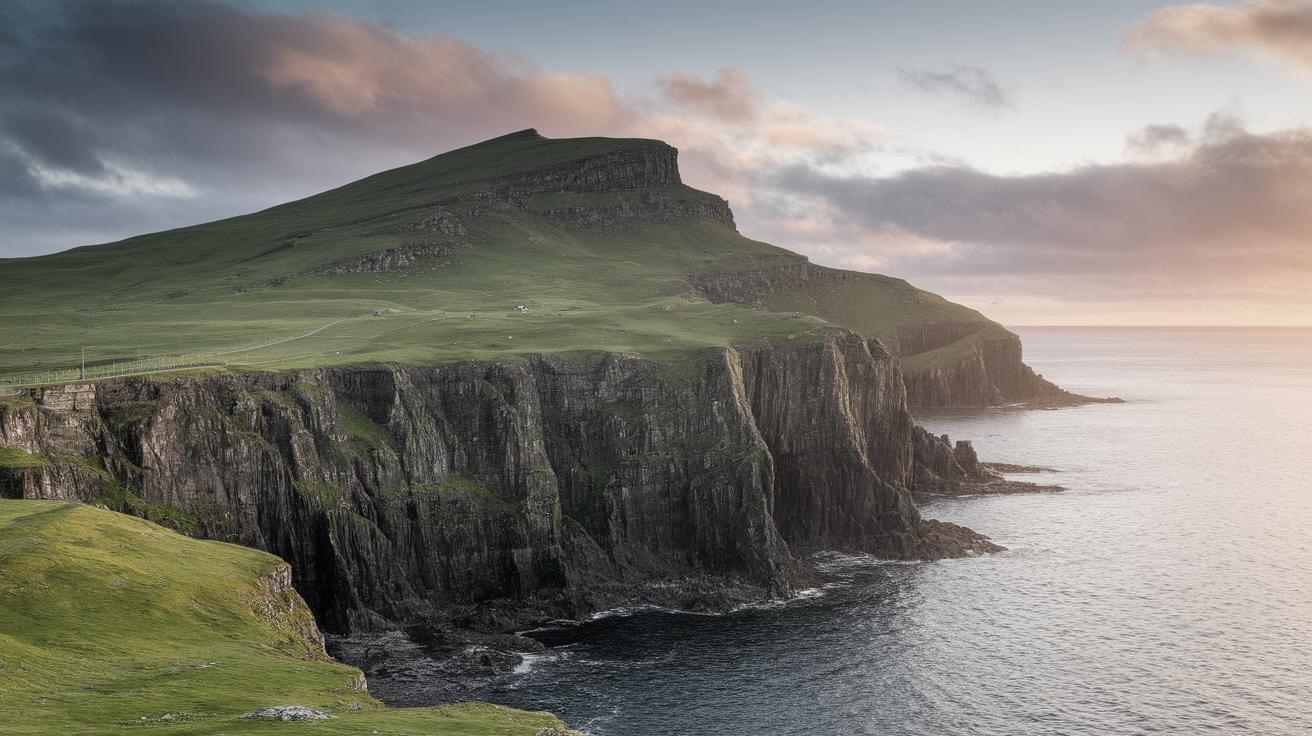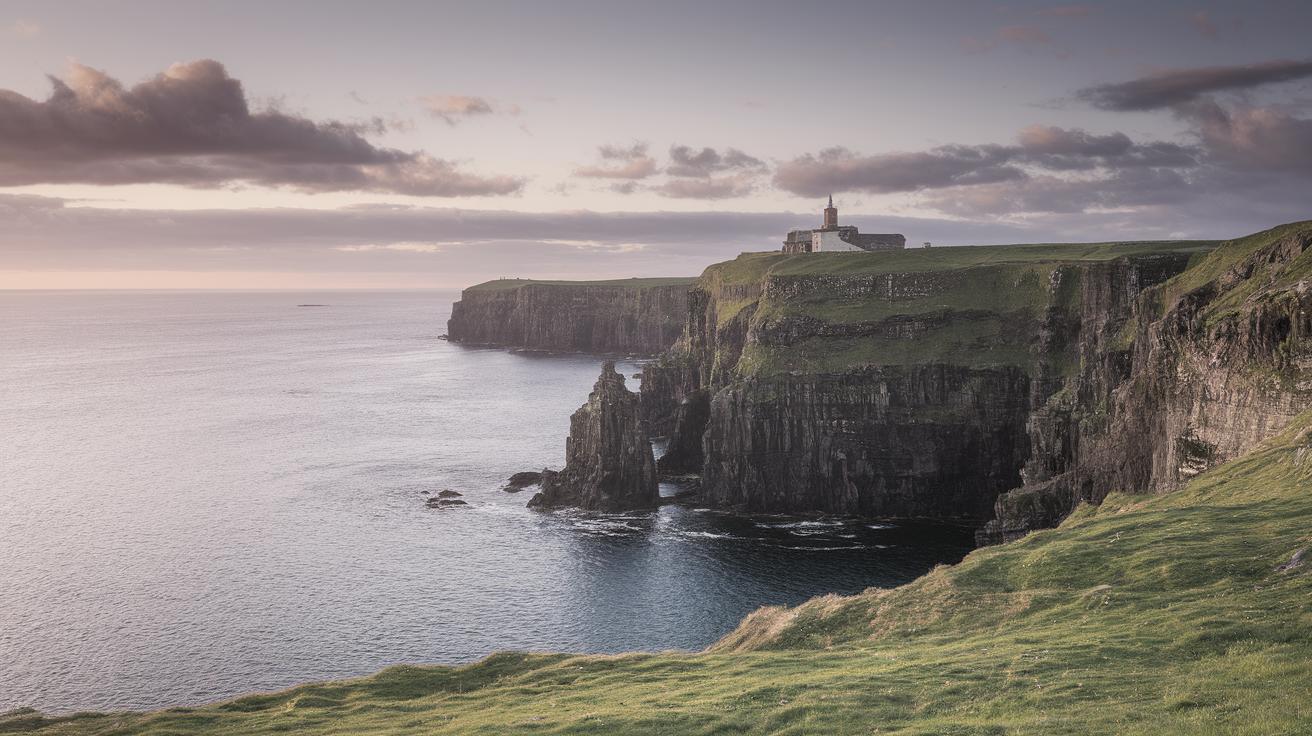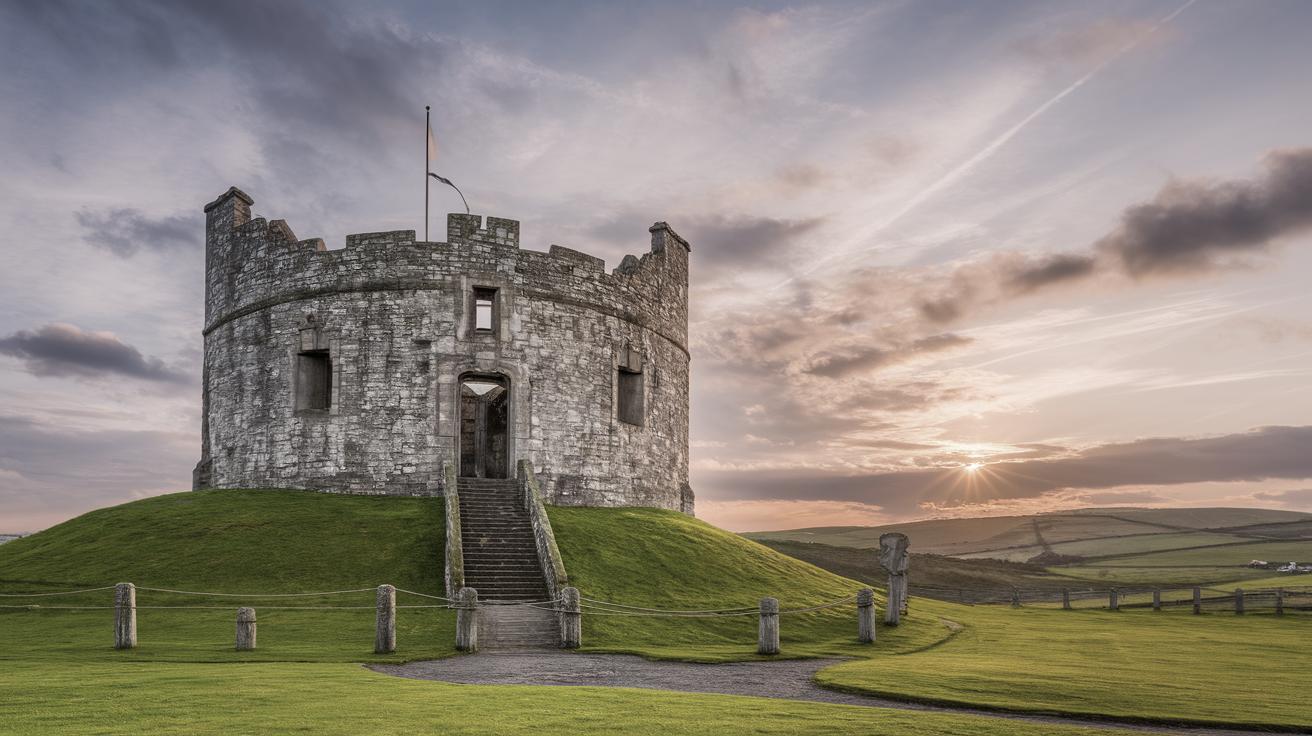The Benefits of Eco-Friendly Tourism in Ireland
Ecotourism is a growing trend globally, and Ireland, with its rich landscapes and cultural heritage, is no exception. This blog post explores the numerous benefits of eco-friendly tourism in Ireland, offering insights into sustainable travel practices and highlighting some pristine natural attractions. From minimizing waste to endorsing local commerce, these eco-conscious efforts not only preserve Ireland’s lush scenery but also enrich the travel experience for tourists. We also showcase five exemplary eco-destinations within Ireland, from the romantic vistas of Killarney National Park to the vibrant cliffs of Moher. By embracing sustainable tourism, visitors play a vital role in preserving Ireland’s natural beauty for future generations. So, pack your sustainable travel essentials and get ready to explore the Emerald Isle in a way that respects its rich ecological and cultural tapestry.
The Importance of Ecotourism
Ecotourism is central to preserving our planet’s diverse ecosystems while providing travelers with unique, enriching experiences. In Ireland, the lush landscapes offer an unparalleled opportunity to engage with nature responsibly. Ecotourism emphasizes the conservation of the environment, as well as the improvement of the welfare of local people. This sustainable approach not only protects the natural beauty of places like Ireland but also ensures that local communities benefit economically and culturally from the influx of travelers.
By participating in ecotourism, travelers can help diminish the adverse effects of tourism, such as pollution and overdevelopment. This method encourages maintaining the integrity of natural resources, which is crucial in a country as naturally picturesque as Ireland. Ecotourism creates awareness about environmental conservation, motivating tourists to play an active part in the protection and preservation of the environments they visit.
For an Ever-Green Ireland – Leave No Trace
The principle of “Leave No Trace” is fundamental to preserving Ireland’s pristine landscapes. This concept revolves around minimizing the environmental impact of tourism by encouraging visitors to leave natural sites undisturbed. Practicing Leave No Trace involves simple acts like carrying away your waste, respecting wildlife, and staying on marked trails to prevent soil erosion and habitat degradation.
Ireland, renowned for its verdant terrain, relies on these principles so its natural sites remain unspoiled for both locals and tourists to enjoy. By adopting Leave No Trace practices, tourists help ensure that these natural wonders remain intact for future generations. This awareness also contributes to a broader ethos of responsibility and respect between travelers and the environments they cherish.
Reduce Quantities and Reduce Waste
One of the key tenets of eco-friendly tourism is minimizing waste, which directly lessens the ecological footprint of travelers in Ireland. Tourists can achieve this by reducing reliance on single-use plastics, opting for reusable items like water bottles and tote bags. Furthermore, supporting accommodation and dining establishments that practice waste minimization can significantly impact overall sustainability.
In Ireland, a movement towards zero-waste tourism is gaining momentum, with more operators offering sustainable solutions. From using biodegradable materials in souvenir shops to organizing beach clean-up events, opportunities abound for tourists to participate in reducing waste. These practices not only preserve the natural beauty of Ireland’s landscapes but also foster a culture that prioritizes eco-conscious living.
Consume Local
Consuming local products and services is a cornerstone of eco-friendly tourism, as it supports Ireland’s economy and reduces the carbon footprint associated with importing goods. Tourists are encouraged to savor local Irish cuisine, shop at farmers’ markets, and stay in locally-owned accommodations that are committed to sustainable practices.
By choosing to consume locally, travelers contribute to the preservation of Ireland’s cultural heritage and traditional ways of life. Additionally, such practices promote the use of seasonal produce, which not only enhances the taste of food but ensures that farming practices remain sustainable. This approach benefits both tourists and locals, creating a more authentic and impactful travel experience.
1. Killarney National Park
Killarney National Park is a prime example of the beauty and biodiversity that eco-friendly tourism helps to protect. Spanning over 10,000 hectares, it offers tourists activities ranging from hiking to kayaking, all while prioritizing ecological conservation. Home to an array of flora and fauna, this park is celebrated for its efforts in preserving native species and habitats and commitment to sustainability.
Visitors to Killarney can engage with programs aimed at educating tourists on local wildlife and ecosystems. By participating in these programs, travelers not only enjoy the park’s natural beauty but also learn how they can contribute to its preservation. Killarney National Park remains a stunning reminder of the rich landscapes visitors are working to safeguard through eco-friendly tourism practices.
2. The Seal Rescue Association
The Seal Rescue Association in Ireland offers an exciting opportunity for eco-tourists to engage with local marine life in a meaningful way. This organization is dedicated to rescuing and rehabilitating injured seals, offering tourists the chance to volunteer or visit centers to learn about these marine mammals and the challenges they face due to pollution and climate change.
Participating in hands-on conservation projects not only aids the seals but also provides tourists with a singular perspective on the importance of marine conservation. By supporting organizations like the Seal Rescue Association, eco-tourists actively contribute to sustainability initiatives that protect Ireland’s coastlines and biodiversity.
3. Wicklow Mountains National Park
The Wicklow Mountains National Park stands as a beacon for eco-tourism in Ireland, offering travelers an unspoiled natural landscape to explore responsibly. Known for its rugged beauty, the park is popular among hikers and nature enthusiasts, who are encouraged to follow sustainable practices like respecting wildlife, properly disposing of waste, and staying on designated paths.
This national park also hosts a range of educational programs designed to foster appreciation and understanding of the local ecosystems. By participating in these programs, travelers can deepen their connection to the natural world and better understand the importance of preserving it. Wicklow Mountains National Park is a must-visit for those dedicated to eco-friendly travel, providing a timeless connection to Ireland’s wilderness.
4. Cliffs of Moher / Burren National Park
The Cliffs of Moher and Burren National Park are famous natural landmarks that draw visitors from around the globe who are eager to experience Ireland’s dramatic coastal scenery. As icons of natural beauty, these sites serve as reminders of the delicate balance required in eco-tourism. Efforts to protect these areas involve managing visitor traffic to reduce erosion and habitat disturbance.
Tourists can walk the eco-friendly trails and learn about the rich biodiversity found in these unique landscapes. The Cliffs of Moher Visitor Experience emphasizes sustainability with its eco-friendly facilities, encouraging responsible tourism. By following respectful travel practices, tourists can help ensure these breathtaking sites remain unspoiled for future generations.
5. Marine Life on the West Coast of Ireland
The West Coast of Ireland is teeming with opportunities for eco-friendly marine tourism, offering visitors a chance to engage with the vibrant marine life found in these rich waters. Whale and dolphin watching, in particular, are popular activities that offer unique insight into Ireland’s marine biodiversity. Eco-tours emphasize observing wildlife in a way that is respectful and minimally invasive.
Conscientious travelers who choose these types of tours contribute to local conservation efforts while experiencing an unforgettable connection with nature. By supporting sustainable marine tourism, visitors help safeguard the future of these enchanting ecosystems, ensuring that the West Coast’s natural beauty remains a sanctuary for wildlife and a treasure for future adventurers.
Final Thoughts
| Key Topic | Details |
|---|---|
| The Importance of Ecotourism | Promotes conservation, diminishes tourism impact, benefits local communities. |
| For an Ever-Green Ireland – Leave No Trace | Encourages minimal impact tourism; preserves natural sites. |
| Reduce Quantities and Reduce Waste | Reduces ecological footprint, promotes zero-waste tourism initiatives. |
| Consume Local | Supports local economy, reduces carbon footprint, maintains cultural heritage. |
| Killarney National Park | Ecological conservation, educational programs, wildlife protection. |
| The Seal Rescue Association | Marine animal conservation, volunteer opportunities, marine education. |
| Wicklow Mountains National Park | Natural landscape preservation, educational programs on ecosystems. |
| Cliffs of Moher / Burren National Park | Iconic natural landmarks, sustainable visitor management. |
| Marine Life on the West Coast of Ireland | Sustainable marine tourism, wildlife conservation efforts. |


